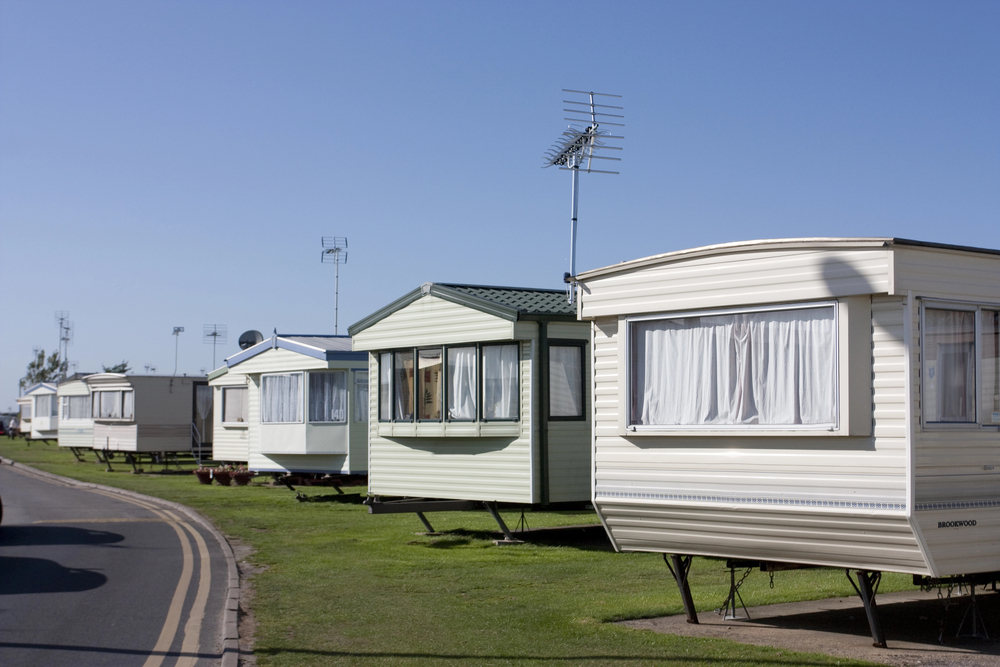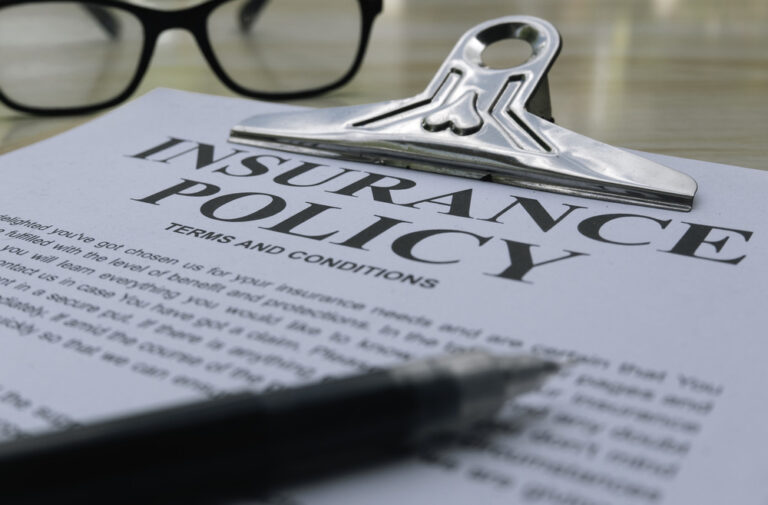You might not realise it, but there’s a lot more to buying and owning a static caravan than first meets the eye. Sure, you’ll learn lots in the first few weeks and months of life on a caravan park – but if you want to hit the ground running, it’s useful to know a few tips, tricks, and static caravan ownership secrets.
To create this article, we’ve spoken to a mix of people about static caravan tips for beginners – including static caravan owners, static caravan salespeople, holiday home maintenance staff, and even park owners – so you’ve got first-hand knowledge about starting out with your own holiday home.
What one piece of advice would you give to a first-time caravan owner?
Answer by Marie – a veteran static owner with 21 years of caravan ownership experience
“I’d tell people to not give away too much time in their caravan – keep as many weeks and weekends for yourself as you can!
It all comes down to the running costs on holiday parks. Static caravans aren’t cheap to keep, especially not on all-singing, all-dancing parks. You could easily find yourself committing to renting your caravan out most of the year just to cover the higher site fees on an expensive park. We did that with our first caravan – we wanted to place with plenty to do for the kids, so we committed to renting out most of the year so we’d get a few nice holidays and keep the running costs down.
In the end, we moved to a cheaper park and kept more weeks and weekends for ourselves. Even without so many facilities, the kids still loved it, we got a nice break from home – and it gave us much more flexibility. It’s nice to just finish work on a Friday and decide to take a run over to the caravan – rather than feeling like someone else is enjoying your caravan while you’re stuck at home!”
What are the maintenance costs of a static caravan?
Answer by Sarah – housekeeping manager overseeing 2 parks in Dorset
“Honestly, the answer depends on how much use the caravan is going to get. If it’s just you and your family using odd weeks and weekends throughout the year, the costs should be fairly low. However, if you’ve got lots of family and friends or guests using it, it’ll see more wear and tear.
If people are going to clean it after they’ve used it (like the park will if you rent it out through them), then you reduce your maintenance costs by a big chunk. However, if you need to find cleaners to make sure everything’s ship-shape after each stay, you can add around £40 a week onto your costs.
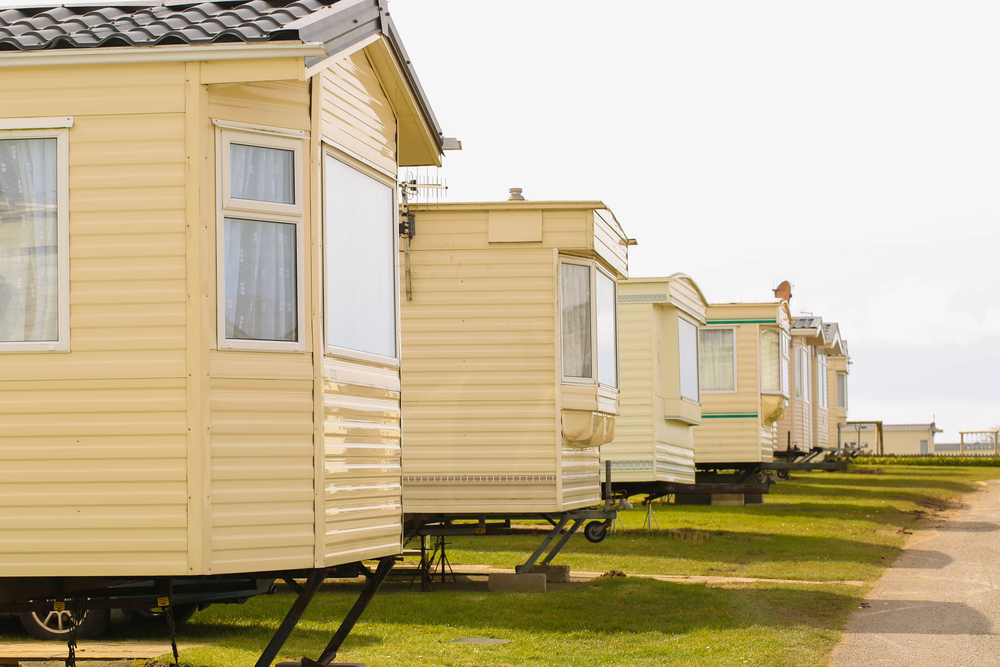
When it comes to damage, caravans are tougher than you think. Typically, the kind of damage we see a lot of is the stuff you get at home too – spilt Ribena on the upholstery and the occasional scuff on walls – that kind of thing.
When it comes to serious damage – broken windows, damaged panels, etc – it’s really rare. If it does happen, that’s what your insurance policy is there for. Most of the time people choose the park’s insurance too, which means your premiums don’t go up like they would if you claimed on car insurance.
If I had to commit to a figure, I’d say put £100-200 a year aside for little slips and mishaps—but you probably won’t use it all unless you’re especially accident-prone!”
How can you find out about static caravan owners’ legal rights?
Answer by Christian – CEO of a family-run company with 3 holiday parks
“There are a few organisations that have been set up to protect the rights of static caravan owners – but the trouble is, it’s usually optional whether or not caravan parks agree to these rules.
As such, you should look at the recent government legislation – put into action in May 2023. It’s not optional – every caravan park operator has to run their business within these guidelines. It covers the sale of holiday homes and the pitch agreements – which is considered a ‘contract’ in the eyes of the law, not a tenancy agreement.
It covers the Misrepresentation Act 1967 which protects a static caravan owner from false claims made before the contract has been finalised. It also covers Part 2 of the Consumer Rights Act 2015 (CRA 2015) which covers the fairness of the contract (or site fees agreement) a holiday caravan owner has signed up to. It also looks at the Consumer Protection from Unfair Trading Regulations 2008 (CPRs) which stipulates that all businesses must trade fairly – covering buying a static caravan, the owning, and even selling your caravan.
Most holiday parks have very reasonable park rules and contracts in place – and misunderstandings can usually be sorted out quickly with a park manager. However, like any industry, there can be one or two operators that don’t play by the rules. If you find yourself dealing with one, it’s a good idea to talk to Citizen’s Advice about where you stand – they’ll be able to steer you in the right direction legally.”
In his answer, Christian discusses the The Rights of Residential and Holiday Mobile Homeowners Act. You can find it here on the UK Parliament website.
What advice would you give someone on how to site a static caravan?
Answer by Jon – maintenance manager at a large seaside holiday park near Scarborough
“Firstly, I’d recommend they don’t do it unless they’re absolutely confident that they have all the knowledge, person-power and experience they need. Moving a static caravan on a holiday park is usually something that’s done by a team of around 4-6 experienced people – and it involves a series of risk assessments, along with heavy equipment – usually a specialist tractor – but sometimes even cranes.
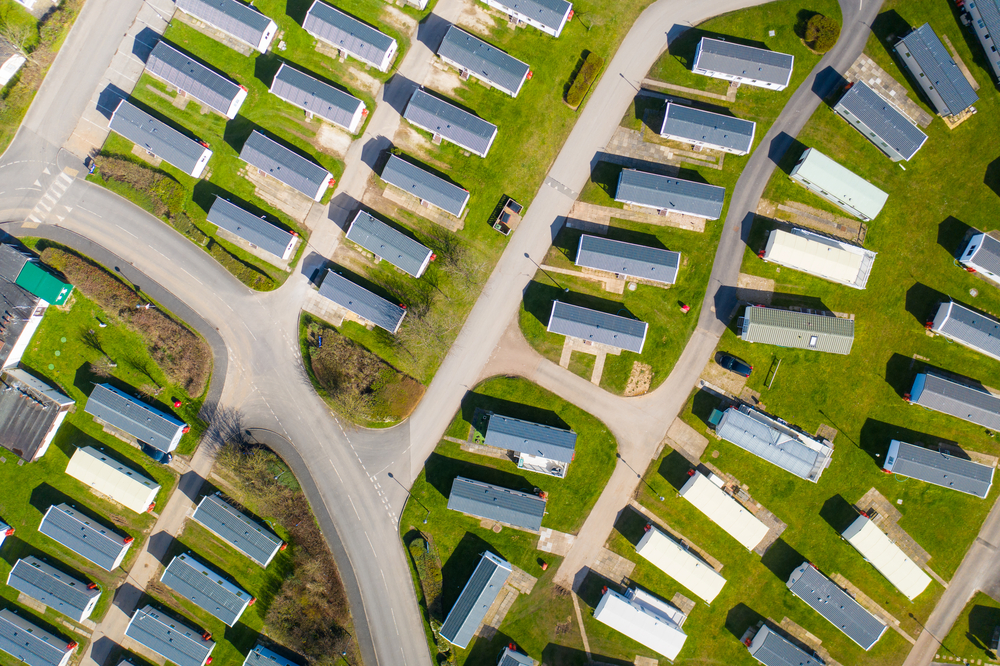
If you’re confident, you need to start by making sure the pitch is suitable. Caravans weigh a lot, and you can find yourself sinking into even firm grassy areas, especially when they get wet. The pitch should be properly paved as a minimum – but ideally it should have a concrete base of a good depth.
When the caravan is in place, you should then work on getting it perfectly level. It’s challenging to get the front and back of a van level – and it’s especially challenging to make sure it’s level side-to-side. When you’re confident it’s level, you’ll need specialist axle stands that can each hold the weight of the fully-laden caravan. You’ll usually need at least 8 – but it can be a lot more for a large new static caravan.
Of course, siting involves a lot of movement of the caravan. Before you commit to this, you should make sure your insurance covers damage to the caravan and damage to everything surrounding the areas you’re moving the caravan around.
Fortunately, sites have specialist teams to make caravan sitings effort and stress-free. However, if you’re putting a caravan onto land you own, I’d suggest talking to a transport company that can site the caravan when it gets to your land. It’ll save you a lot of effort – and a lot of heart-ache if there’s a mishap.”
What are some basic static caravan maintenance tips?
Answer by Marie – a veteran static owner with 21 years of caravan ownership experience
“First, I’d start by getting to know your caravan – learn about where the electricity trip-switches are and where the mains water shut-off is – both inside and outside the caravan.
Hopefully, you won’t need to know this information – but it’s better to know where these things are in case of an emergency. You don’t want to be trying to learn when the lights are off or when you’re dealing with a burst pipe!
I’d also recommend getting a feel for how much condensation your caravan creates, especially in winter. Most double-glazed and heated statics don’t have a problem – but if, like most, you have single glazing and just a gas fire, there’s some condensation that forms naturally. Find the points – usually around windows – where the condensation gathers and place some disposable dehumidifier boxes there in the winter. They’re usually cheap enough, and they can save your upholstery or curtains from getting damp.
I’d also suggest getting to know your fire and carbon monoxide alarms – always making sure they have batteries and are tested regularly. Chances are, you’re never going to need them – but, like at home, they could save your life, so don’t take shortcuts and don’t ever take the batteries out – even if you sometimes burn your toast!
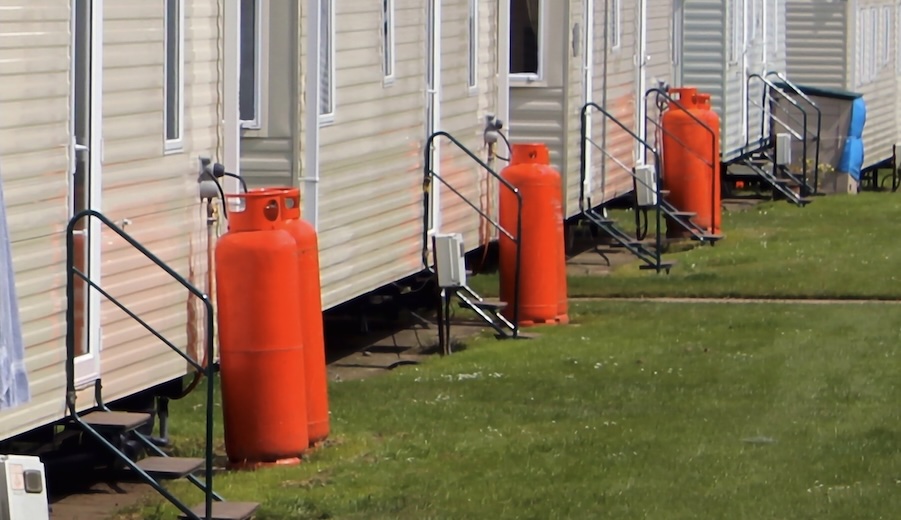
I’d also recommend that people know how to either order gas when it runs out, or how to use a ‘change-over’ valve so they can switch to their next gas bottle easily. A change-over valve connects two bottles of gas to your caravan at the same time. The valve only lets gas in from one bottle at a time, so when that one runs out, you can whizz outside, swap to the full bottle, then have your other one changed at your own convenience.”
How would you go about kitting out a static caravan?
Answer by Sarah – housekeeping manager overseeing 2 parks in Dorset
“For most people, they’ll need the same things they need at home as they do in their caravan. Most caravans come with fridges, so you don’t have to worry about big white goods – but a cheap microwave, toaster and kettle are good purchases.
Plates, cutlery, knives, forks, spoons, and a couple of pots and pans – start with those basics. Don’t be tempted to buy a luxury air-frier or posh coffee machine straight away – spend a few days in the caravan first and see if you need these things before you spend your money. They’re nice luxuries – but sometimes being away from all your creature comforts makes a break in a caravan more fun!
Bedding is essential, obviously. People usually have lots of sets at home, but just bring or get what you need to start with – along with duvets and pillows.
Whether you want a TV is up to you too. Rooms in caravans are usually a bit smaller than those at home – so you’ll find a smaller, cheaper television is usually perfectly adequate.
Beyond that, it’s all about your tastes. I’ve been in caravans that are fully set up with games consoles and all the mod cons – but equally, I’ve been in caravans that just have the basics, and people still have a lovely time. It’s all about what you want from your breaks – some people are happy to leave a hectic house behind and just have a caravan as a little bit of peace and quiet!
Oh – and don’t forget to bring toilet roll and some teabags for your first weekend! You’ll probably want a cuppa when you get it – and no one likes to be caught short!”
What would you say to someone hoping to cover their static caravan finance by letting their holiday home?
Answer by Christian – CEO of a family-run company with 3 holiday parks
“I’d tell people to be careful. When you do the maths about owning a caravan, it’s easy to look at a monthly payment of say £400 and think that you’ll easily cover that with some rental income – but it’s not always that simple.
Come rain or shine, summer or winter, the finance company is always going to need to be paid. However, a rental income isn’t guaranteed. If you worry that you’re not going to be able to afford your finance payment without rental income, you’re putting yourself in a risky position.

I always tell people that they should consider their purchase price and running costs seperately. Even with some modest letting, you’re likely to be able to cover some or all of your running costs. Since relying on letting income for your finance agreement payment is risky, I’d always suggest making sure this is an affordable amount, even without any letting income.
Remember, most of the time, the holiday price that you see in a travel agent’s or on a holiday park company website isn’t going to be the amount that lands in your bank account. Don’t take their income as a reflection of what yours might be – it’s likely to be much less.
Aim for a finance figure that you can afford with no letting. That way, even if we’re plunged into another pandemic and people’s holidays are cancelled, your caravan isn’t going to be a source or stress or worry for you.”
Is there anyone you’d try to put off the idea of holiday home ownership?
Answer by Mark – Holiday home sales person on a large park in Scotland
“Yes, absolutely. Like anything, owning a holiday home is going to be right for some people but not right for others.
If someone was going to be cutting themselves to the bone financially I’d recommend either a cheaper holiday park, a cheaper holiday home, or perhaps even just sticking to holidays in caravans for now. It’s all down to enjoyment – as much as it’s lovely to own a caravan, it’s likely to introduce more stress to your life if you’re struggling to afford the site fees or the static caravan finance payments. And, like anything, if you can’t afford to keep up with payments, you could find yourself damaging your credit rating, which makes life harder all round.
I’d also recommend that people who aren’t sure whether owning a caravan is right for them don’t rush in. I’ve spoken to people who’ve said they’ll buy a caravan and sell it after a year if they don’t like it. Unfortunately though, this doesn’t work out financially – as caravans depreciate, a bit like cars. If you buy a caravan then decide you don’t enjoy it, it’s very unlikely you’ll get all or even most of your money back when you sell it.
All that said, if you can justify the running costs and you know you love caravan holidays, then I’d say go for it. I was brought up having holidays in my grandparent’s caravan and they’re some of my best memories. Just be absolutely certain you can afford it and want to do it longer term.”
Static caravan ownership secrets: conclusion
Hopefully, this gives you some tips, tricks, and useful information – whether you’re a new static caravan owner, or someone hoping to buy a static caravan soon.
We’ll be updating this article all the time – so as we’re asked different questions, we’ll make sure our trusted experts add their own thoughts.
And remember, a good sales person or sales manager on a holiday park should be open with you about these kinds of questions – so if you worry that they’re not being clear or they’re giving you answers that you’re not 100% sure are correct, keep looking – there are lots of amazing static caravans and holiday parks out there that will be completely transparent and share their own static caravan ownership secrets!
